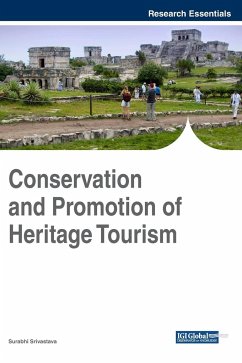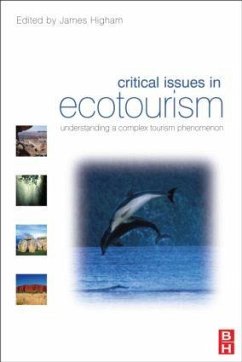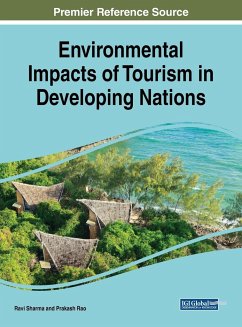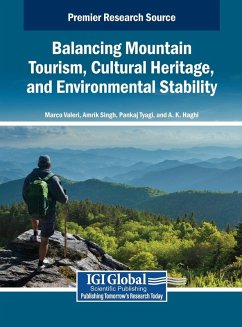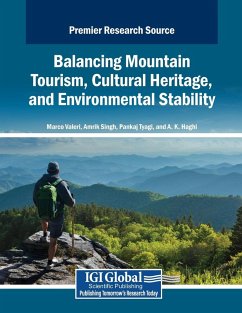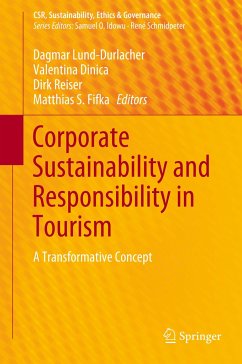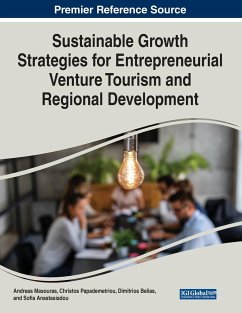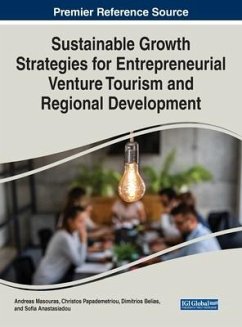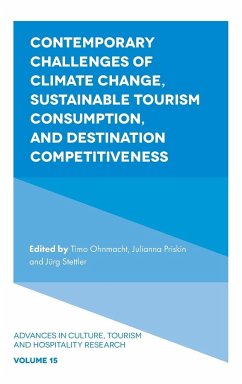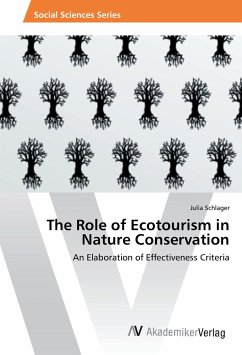
The Role of Ecotourism in Nature Conservation
An Elaboration of Effectiveness Criteria
Versandkostenfrei!
Versandfertig in 6-10 Tagen
28,99 €
inkl. MwSt.

PAYBACK Punkte
14 °P sammeln!
Tourism is an industry with enormous economic power and high environmental and cultural impact. If we handled tourism with care and consideration, it could substantially contribute to the conservation of nature and natural resources, the growth of environmental awareness, and the protection of indigenous communities and cultures. Tourism should mean to visit and admire foreign countries and unspoiled nature without harming the ecosystem or the native civilisation. Ecotourism puts these considerations into practice, and pursues an even broader goal; not only to minimise the negative environment...
Tourism is an industry with enormous economic power and high environmental and cultural impact. If we handled tourism with care and consideration, it could substantially contribute to the conservation of nature and natural resources, the growth of environmental awareness, and the protection of indigenous communities and cultures. Tourism should mean to visit and admire foreign countries and unspoiled nature without harming the ecosystem or the native civilisation. Ecotourism puts these considerations into practice, and pursues an even broader goal; not only to minimise the negative environmental impact, but to directly benefit the protection and conservation of nature and the environment. Among the high number of studies and reports about ecotourism, it is difficult to maintain an overview of the criteria, which are crucial for its effectiveness and to understand what are the most important regulations to follow in order to speak of genuine ecotourism. This study aims to examine the meaning of ecotourism and develop a framework of effectiveness criteria in order to indicate measures, guidelines and barriers for the successful implementation of ecotourism as a tool for conservation.



